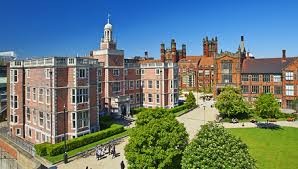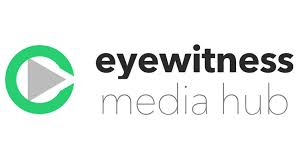The first issue of Social Media and Society, Zizi Papacharissi’s new journal, has just published. It’s a terrific collection of over 50 short Manifesto pieces written by editorial board members.
As she writes in her editorial, our brief from Zizi for this Manifesto Issue was unusual:
I asked potential contributors to think about what social media means to them, what it should mean, what it could be, and what they do not want to see it become. But beyond that, I left it open for people to be as spontaneous, unorthodox, formal, personal, or scholarly as they wanted to be. I wanted people to write about whatever they may have been yearning to write about but had no previous outlet to do so in—as long as it pertained to the broad topic of social media and society.
My piece in the issue is entitled “The Social Media Maneuver.” Here’s the abstract:
The term “social media” is the product of diverse strategies of discursive colonization and boundary drawing. It is a contested concept, one that implies digital media logics of activism, interactivity, exuberance, community-building, diversity, pluralism, horizontality, and free expression, but also one used by those in the fields of news, entertainment, politics, and commerce, who constantly seek to fix and freeze its understanding in ways that suit their own interests and identities.







